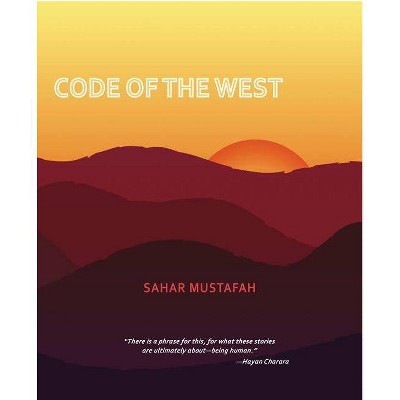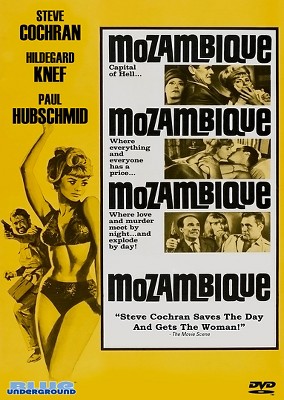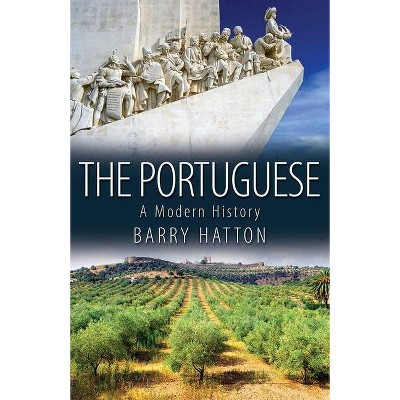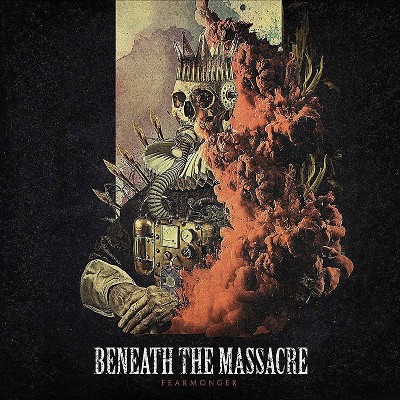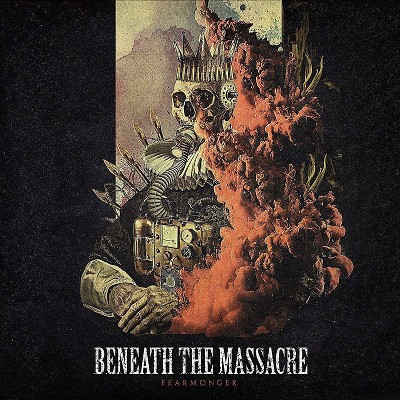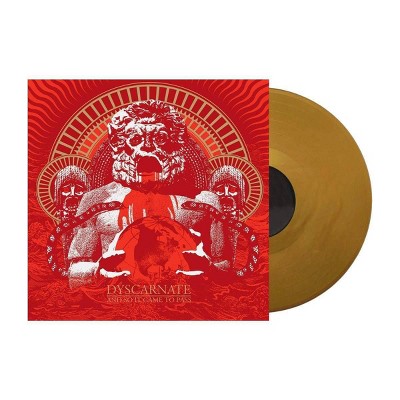The Portuguese Massacre of Wiriyamu in Colonial Mozambique, 1964-2013 - by Mustafah Dhada (Paperback)
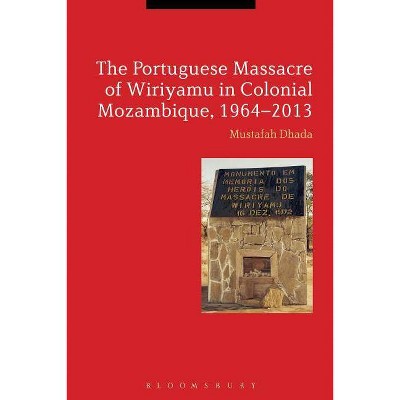
Similar Products
Products of same category from the store
AllProduct info
<p/><br></br><p><b> Book Synopsis </b></p></br></br>In his in-depth and compelling study of perhaps the most famous of Portuguese colonial massacres, Mustafah Dhada<b> </b>explores why the massacre took place, what Wiriyamu was like prior to the massacre, how events unfolded, how we came to know about it and what the impact of the massacre was, particularly for the Portuguese empire.<br/><br/>Spanning the period from 1964 to 2013 and complete with a foreword from Peter Pringle, this chronologically arranged book covers the liberation war in Mozambique and uses fieldwork, interviews and archival sources to place the massacre firmly in its historical context. <i>The Portuguese Massacre of Wiriyamu in Colonial Mozambique, 1964-2013</i> is an important text for anyone interested in the 20th-century history of Africa, European colonialism and the modern history of war.<p/><br></br><p><b> Review Quotes </b></p></br></br><br>[This book] tells an amazingly detailed story ... It is an important account of a key event in Mozambican history.<br/>Mozambique<br><br>The murdered inhabitants of Wiriyamu, casualties of brutal Portuguese refusal to relinquish imperial rule, now have the recognition they deserve. Mustafah Dhada's heroic work of historical reconstruction relocates these lost lives: documenting the names of the 385, he reminds us of the potential they represented. Dhada interweaves the narrative of the massacre with the fierce course of decolonization and subsequent debates on the legacy of Wiriyamu. Portugal's young officers, persuaded by Mozambicans, overthrew their generals and made Portugal a democracy; Mozambique gained independence but could not get free of Cold War or imperial struggles. In its interplay of revolutionaries, priests, villagers, soldiers, and journalists, this multilayered work shows how senseless exercise of power, accompanied by denial, remains with us.<br/>Patrick Manning, University of Pittsburg, USA and President, American Historical Association<br><br>This book is a feat of investigative research and layered storytelling. Dhada unearths with exceptional degree of detail the events surrounding the infamous Portuguese colonial massacre of Wiriyamu, as well as the ways in which competing narratives about this event were crafted, buried, revealed, diffused, and contested. The book leads the reader through a maze of documents and memories, until a shattering vision of the destruction of Wiriyamu in which even the trees come to life to testify. The writing is alive with personal passion spanning decades; rich, sophisticated, and utterly compelling.<br/>Paolo Israel, University of the Western Cape, South Africa, author of In Step with the Times: Mapiko Masquerades of Mozambique<br><p/><br></br><p><b> About the Author </b></p></br></br><p><b>Mustafah Dhada</b> is Professor of History at California State University, Bakersfield, USA, and Research Associate at the Center for Social Studies, Coimbra University, Portugal. He is the author of <i>Warriors at Work</i> (1993). <p/><b>Peter Pringle</b> is a foreign correspondent, investigative reporter and writer. He is the co-author of <i>Those Are Real Bullets: Bloody Sunday, Derry, 1972</i> (2000).</p>
Price History
Cheapest price in the interval: 46.95 on November 8, 2021
Most expensive price in the interval: 46.95 on December 20, 2021
Price Archive shows prices from various stores, lets you see history and find the cheapest. There is no actual sale on the website. For all support, inquiry and suggestion messagescommunication@pricearchive.us
